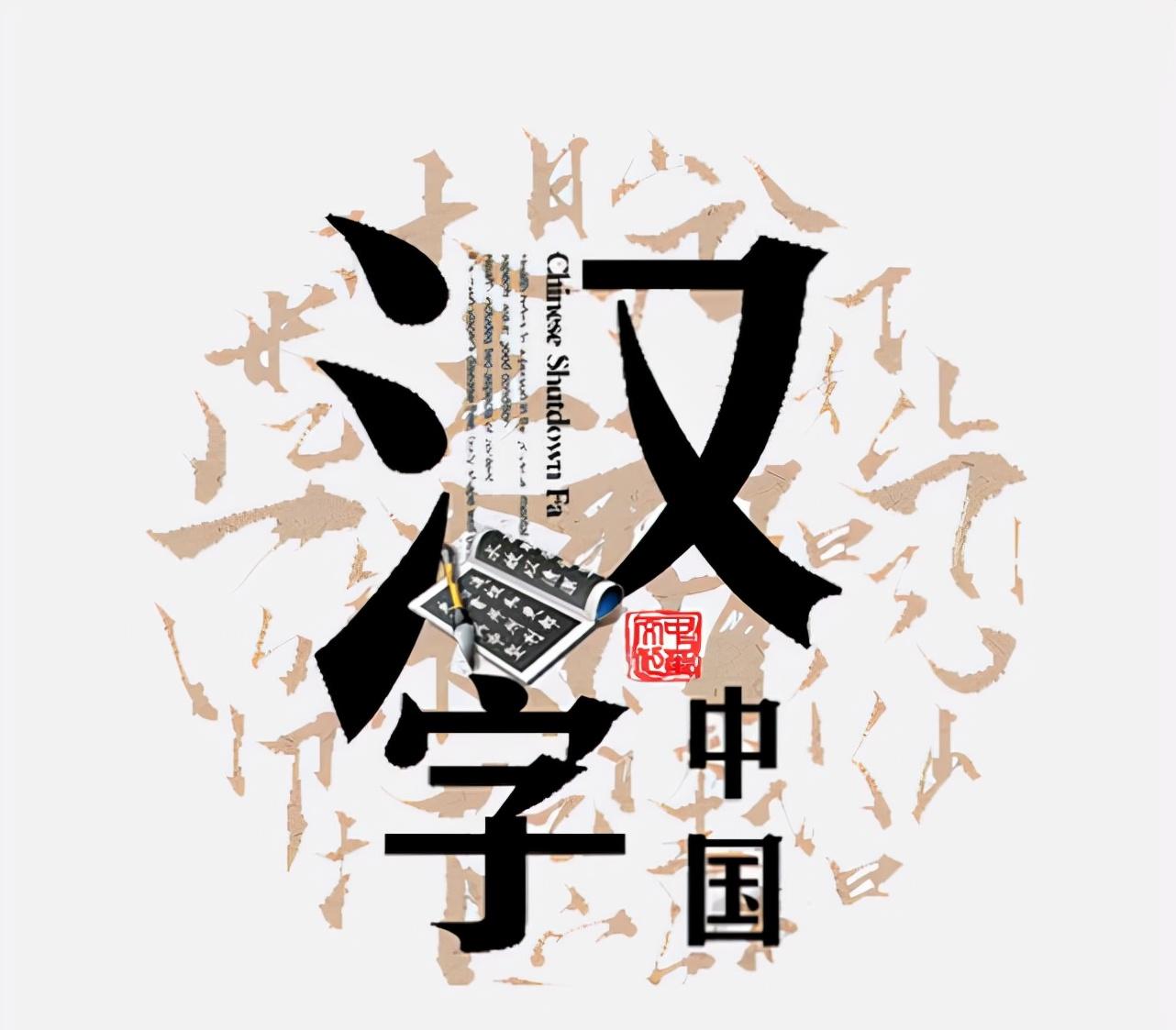Strictly speaking, both belong to Chinese characters, which are a small part of Chinese culture.
Unlike Western culture, Chinese culture is a cultural system that has developed independently, and Chinese culture can be so unique and so tenacious that it relies heavily on the latter.
To put it in layman's terms, the Chinese nation has been able to maintain a unified form under so many wars and invasions by foreign forces, and the role of Chinese characters is definitely at the forefront.

If you dig into this stuff, you'll find a lot of mistakes. Of course, the mistake is not the Kanji itself, but the individual who uses the Kanji.
Take "Prime Minister" and "Prime Minister", both of which largely represent the red people around the emperor and give advice every day, but the fundamental meaning is still very different. If you confuse the two, it's a bit of a joke.
Speaking of xiang, we must first explain the "phase". As a dynasty introspection, its significance to the entire dynasty cannot be ignored. The daily task is to find deficiencies and supervise things, which was called such a name in the pre-Qin period.
From this point of view, its power should naturally not be underestimated, but if it can go to the court, who is not a person of high moral standing and respect for doing these things? So we can be sure of one thing: any minister in power at the imperial court can be called a "phase.".
In other words, as long as the officials and courtiers who end with this word are all assistants, such as the left phase and the right phase. The "丞" in "丞相" refers to the officials who helped the emperor or major officials in ancient times, and it is not difficult to understand the meaning of the "丞相" to understand this meaning.
From a fundamental point of view, we cannot call it the "second in command" of the dynasty in general, and how to distinguish it specifically, we must understand the main body of the auxiliary object.
If it is an emperor, it can be called a "second-in-command"; if it is a major official of the imperial court, it can only be called a "minister". The former also has a title called "Xiangguo", that is, "Xiangbang", and in order to avoid the secret of "Liu Bang" in the Han Dynasty, it became "Xiangguo".
There is a special minister named "Cao Cao" in this area, when he "blackmailed the princes of Tianzi" and controlled Emperor Xian of Han. Although he controls the real power, he is still subordinate to it, and can only be called "Prime Minister".
The meaning is very clear, "Zai" is the lord, that is, the minister who dominates the fortunes of the country. During the Spring and Autumn Period and the Warring States Period, this name was established, and it needed to be made clear that he was not an official. As dynasties changed, so did his specific powers.
After the establishment of the Great Dynasty of Qin Unification, Qin Shi Huang set up two assistants, which completely opened the struggle between imperial power and xiang power. The second in command of other countries is a prime minister, but to you they are divided? The occurrence of bloodshed has largely intensified.
The term "Zai Chancellor" was established by Qin Shi Huang, and the concept was already reflected in the Spring and Autumn Period. For example, Guan Zhong took the Qi state to the peak of glory - the first of the Five Hegemons of the Spring and Autumn Period. Although he is a prime minister, he is also known as the "first person to be the prime minister".
More often, the emperor gave the example to the prime minister, and the real power was often in their hands. Some people took this opportunity to win over the imperial court ministers and realize their "emperor dream". However, this kind of thing happens a lot, and people will naturally raise a sense of prevention.
After Zhu Yuanzhang established the Ming Dynasty, he paid special attention to this aspect, first killing one hundred people and killing all loyal subjects. However, this did not prevent some people from appearing, such as hu Weiyong, the prime minister, who kept satisfying his ambitions until he was later discovered by Zhu Yuanzhang.
In order to prevent such a thing from happening again, Zhu Yuanzhang abolished the official position of Hu Weiyong, that is, Zhongshu Province, and did all the work have to be done by the emperor himself? In order to reduce his burden, he once again created a new official position, the Cabinet University Fellow.
As for how to distinguish between the two, you only need to understand one thing:
Prime Minister is a general term, and Prime Minister is a solid official position. The former refers to a general term for officials who can assist the monarch and hold the highest power, the latter is the person who actually exercises power, and the former includes the latter;
But if the conditions for assisting the king are met, no matter which dynasty it is, it can be called the prime minister. On this basis, people also derive such a sentence: the prime minister can be the prime minister, but the prime minister is not the prime minister.
Chinese culture is vast and profound, and the changes of a word have such a deep historical significance, it is not too much to say that it is "the most difficult language in the world to learn". However, from the perspective of historical development, only countries with very strong cultural heritage will have such troubles, and will Greater China lose in this regard?
What's going on here...
I'm Sokoto, thank you for reading.